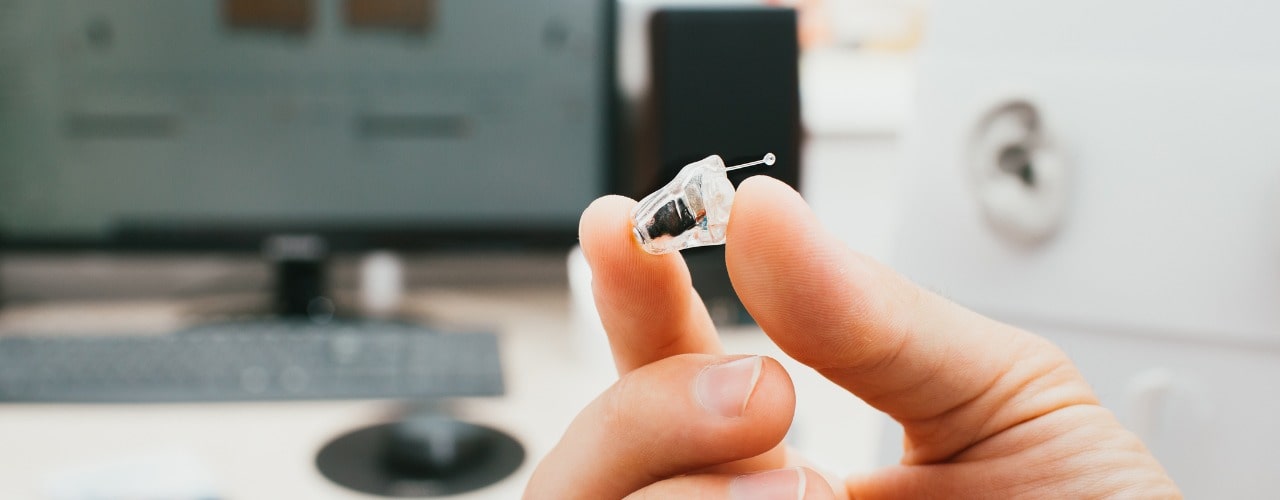7 things to know about blocked ears
Blocked ears are also known as Eustachian Tube Dysfunction (ETD). This uncomfortable sensation can be one that is experienced once or twice in life or it could be a regular occurrence, for example for a person with allergies. There are many different reasons why you might experience the sensation of blocked ears, from an infection to the impact of being in an environment where the pressure suddenly changes, for example on a plane. This is what you need to know about having blocked ears.
- Blocked ears result from unequalised pressure. Blocked ears are very common and usually relatively mild. This condition affects the Eustachian tubes, which become unable to equalise pressure between the ear and the back of the throat. As pressure builds up it can result in blocked ears, pain and hearing problems. Although blocked ears are common, if they are ongoing for a long period of time or the symptoms are severe then medical help may be necessary.
- Frequently experiencing blocked ears is a sign that you need to be cautious. It’s essential to get examined to establish whether there is an underlying condition. Plus, be careful when you’re experiencing blocked ears to avoid situations such as diving where the pressure in your ear changes quickly - this could result in a perforated eardrum.
- It’s possible to hear your ears equalising pressure. Most of the time we don’t notice our Eustachian Tubes equalising the pressure in our ears. However, something like the change of pressure in an airplane or going up a mountain could cause this to become noticeable. It may feel like blocked ears and/or a crackling and popping sound.
- There could be a number of different causes for blocked ears. Two of the most common are swelling or a build up of mucus from something like a cold or allergies.
- Ongoing blocked ears will need treatment. For most people, blocked ears are a temporary condition that will clear up when the pressure in the ears returns to normal. However, if this doesn’t happen a visit to an ear, nose and throat (ENT) professional may be helpful. Tests can be carried out to establish the cause of blocked ears, such as a Tympanometry, which will measure pressure in the ear.
- Blocked ears aren’t always a sign of a more serious problem. Everyone experiences this sensation at some point when the body goes through a situation where there is a change in pressure. Most of the time this will be uncomfortable but temporary - it’s only if the sensation is prolonged that action is necessary.
- There are a number of ways to prevent blocked ears in common pressure change situations. For example, when you’re travelling by air you can chew gum as this will change the pressure in the mouth and activate the Eustachian Tubes to do their work. Using a nasal decongestant half an hour before going into a pressure change situation will also be effective. If you’re flying you can use ‘earplanes,’ a type of ear plug designed to buffer pressure changes in the air.
For most people blocked ears are not serious but there are steps you can take to relieve the discomfort that they may create.
To learn more about how we can help you, click here.












